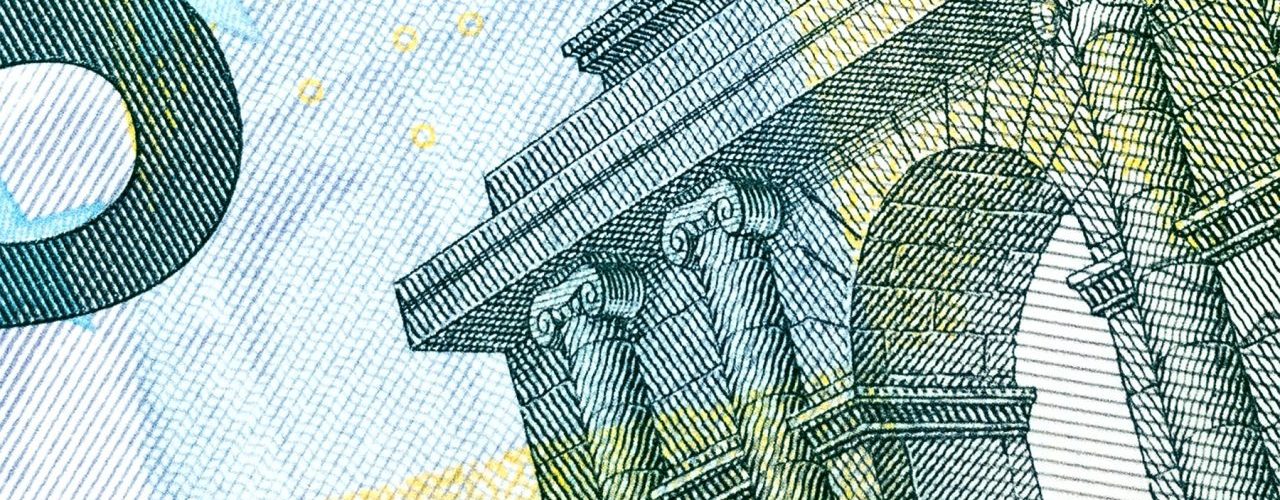On 18 February 2020, the Council adopted a legislative package to transmit and exchange payment data in order to improve the fight against e-commerce VAT Fraud.
In order to implement this legislative package, the European Commission will work with Member States and actors of the payment industry in an expert group that will assist the Commission with the different elements of the implementation. The results of the survey will be used to organise and feed the work of the expert group.
The package creates new reporting obligations for payment service providers established in the EU, which will require them to transmit data on the beneficiary (“payee”) of cross-border payments to tax authorities. Only payment service providers listed in article 1, points (a) to (f) of Directive (EU) 2015/2366[2] (“PSD2”) and providing payment services laid down in points 3 to 6 of Annex I to the PSD2 will be subject to the reporting obligation.
Payment service providers will have to monitor cross-border payments (both inbound and outbound) using the rules laid down in article 243c of the amended Directive (EU) 2006/112, to determine the origin and destination of a payment and its cross-border nature. They will also need to monitor the amount of cross-border payments received per payee. Only data on payees receiving more than 25 cross-border payments per quarter will be transmitted to tax authorities.
The list of data to be transmitted is laid down in article 243d of the Amended Directive (EU) 2006/112 and includes:
- The Business Identification Code (BIC) or any other business identifier code that unambiguously identifies the payment service provider providing the data;
- The name or business name of the payee;
- Any VAT identification number or tax number if available to the payment service provider;
- The IBAN or any identifier which unambiguously identifies the payee and his location;
- The BIC or any business identifier code that unambiguously identifies the payment service provider acting on behalf of the payee and its location, when the payee receives funds without any payment account;
- The address of the payee if available; The date and time of the payment or payment refund;
- The amount and the currency of the payment or payment refund;
- The reference of the payment; Information that the payment is initiated at the physical premises of the merchant;
- The Member State of origin of the payment or the Member State of destination of the refund.
The reporting will be done on a quarterly basis to the Member State where the payment service provider has its registered office or its head office (“the home Member State”). When the payment service provider also provides payment services, or has a branch or an agent, in another Member State (“the host Member State”), then the data related to these services should be reported in that Member State.
Finally, to ensure the proportionality of the system, only the payment service providers of the payers will have to report information on cross-border payments made to third countries/territories (extra-EU payments). Similarly, only the payment service providers of the payees will have to report cross-border payments made to another EU Member States (intra-EU payments).
Source: europa.eu














